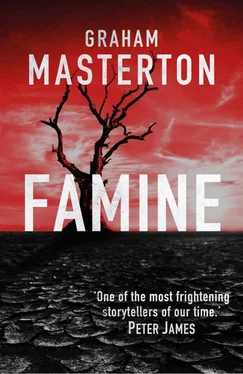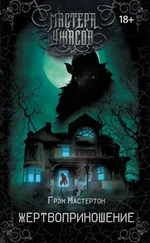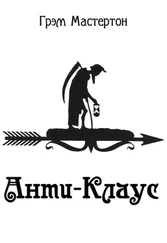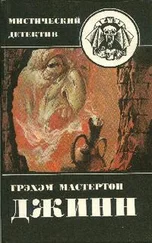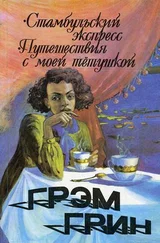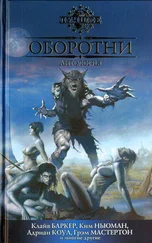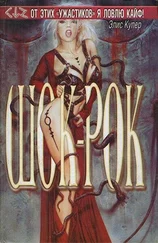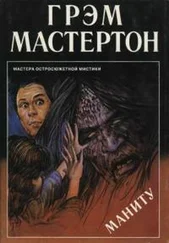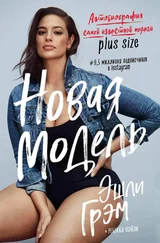In Elizabeth, New Jersey, a supermarket manager and his wife went down to their store as soon as Ed Hardesty’s programme was shown, taking with them a vacuum flask of coffee, two packs of sandwiches, two Colt AR-15s, and eleven boxes of 7.62 ammunition. Two local residents came and rattled the supermarket doors to see if they were open, but when the manager’s wife fired at them from the roof, they quickly retreated. The supermarket manager said, ‘I guess you could rightly say that I’ve always believed in overkill.’
In San Francisco, a Chinese couple opened the doors of their store on Sacramento Street and put up a sign saying, ‘Bad Times Are Coming. Help Yourself.’ Hardly anybody did, despite the fact that five blocks away, a mob was looting a Save-U supermarket, and setting fire to a drugstore.
But although the individual stories were easier to tell, it was the widespread mood of panic and betrayal that swept over the whole country that was the real story. The country had been through thin times before. The Depression had been a thin time, and plenty of people had had to go without. But now, everybody was going to have to go without, rich or poor, lucky or unlucky, unless they made damn sure they had a huge stockpile of canned and frozen groceries. Because of that, the frustration and resentment that boiled up on Sunday night were more explosive than any public feeling that had ever boiled up before. This wasn’t an upsurge of morality and conscience, like the protests over Vietnam. This wasn’t the rattling of political and ethical sensibilities, like Watergate. This was hysteria time, and if you didn’t grab you didn’t eat.
As Sunday night passed over the continental United States like a devouring and apocalyptic shadow, it left behind a trail of destruction and smoke and wrecked buildings. The whole country had changed overnight, from a buoyant and self-assured society with its first feelings of confidence about the 1980s, to a shattered and haunted land where hope seemed to be as scarce a commodity as food.
The National Guard were enforcing martial law in all but seven states. Everywhere you drove that Monday morning there were uniforms and jeeps and personnel carriers, and if you didn’t have a good reason for being in Rupert, Idaho, or Maple Shade, New Jersey, or any place at all that wasn’t home, then you were liable to immediate arrest. At 7.30 a.m. Central Time, on all channels, the President made a live television announcement about the events of the night.
‘What has happened across our nation during the past twelve hours has been the most agonising example of self-destruction we have ever inflicted on ourselves. We have had some hurtful and tumultuous times before. I believe it is the destiny of this nation to test its belief in itself time and time again, no matter how painful those tests may be. In the Civil War, we tested our belief in the sanctity of individual freedom… In the Civil Rights marches of the 1960s, we faced up to the reality of black citizenship…
‘Then there was Watts, and Kent State, and the assassination of President Kennedy and his brother Robert… and Watergate…
‘But last night was not a test… neither of our pride in being American nor our confidence in what we can achieve. Last night was a horrifying exposure of the weaknesses inherent in our whole society. Last night showed that we have set personal wellbeing above national survival. Last night showed that we have become a nation of weak, self-interested, corruptible consumers.
‘It isn’t easy for me to say these words. As your President, I have to take ultimate responsibility for the shape our society is in, and I do. I take responsibility for failing to understand that our recent years of economic recession were warnings of a major shift in our national psychology. Instead of believing in work and its profitable rewards, we now believe in profitable rewards whether we work or not.
‘Well, I’m going to make an appeal right now… an appeal to sanity and an appeal to reason. I’m going to appeal to all of you to carry on your normal everyday lives… to go to work as normal… and to try to restore the best part of the life we lost last night…’
The President was asked if it was true that he had made provisions to hoard food for the administration.
He said, ‘Hoard is an emotive word. Let me just say that there have always been contingency plans to protect the administrative arm of government in the event of a national emergency, and it would not be accurate for me to say that some kind of contingency plan had not been considered in this case.’
‘Yes – but does the administration have its own secret supply of food?’
‘That’s all I’m prepared to say,’ the President answered. ‘It’s a question of national security and I don’t wish to breach national security by shooting my mouth off.’
The Washington Post ’s next edition carried the banner: PRESIDENT ADMITS GOV’T FOOD HOARD.
By midday Monday, the first panic was over. But the cost of the night’s destruction was estimated to run into hundreds of billions of dollars. In Los Angeles, seven downtown blocks had been burned into empty shells, and more than eight hundred people were homeless. After a tour of all the looted supermarkets, warehouses, and restaurants, the LAPD estimated that more than fifty people had died in the looting, and that several hundred had been seriously injured.
A pall of black smoke drifted northwards across the Hollywood hills, and the residents came out on to the streets to stand in silence and watch their city smoulder.
In Denver, the Brown Palace Hotel had been burned down, and it was almost impossible to see the mountains for smoke. In Las Vegas, rioting guests had stripped Caesar’s Palace, smashing windows and overturning gaming tables, and gutted seventeen restaurants. In Santa Fé, National Guardsmen had fought a three-hour gun battle with local vigilantes who had attempted to break into one of the city’s largest food depots. Eight people had been killed.
The Mayor of Chicago announced a twenty-four-hour curfew. Nobody was to leave their home until the National Guard and the emergency services had been able to clear wreckage and contain the fires. Anybody seen on the street would be shot. When she was asked on television if her orders weren’t too extreme, the Mayor snapped, ‘If you want to talk about extreme, go see what these animals have done to my city.’
Washington, DC, was comparatively unscathed, although there had been severe looting in several of the black neighbourhoods. At the first sign of trouble, the Army had been called in to surround the city centre, and by midnight there had been tanks and armoured personnel carriers positioned at Washington Circle, all the way along Constitution Avenue, and around the Capitol and the White House. One cynical news reporter, filmed beside a Sheridan tank which was parked at the intersection of 17th Street and Constitution Avenue, remarked, ‘The military must be congratulated for the speed and efficiency with which they took up a defensive posture to protect the American President from his own people.’
City life was allowed to continue in New York. The Mayor considered that curfews or military restrictions would not be ‘conducive to normalcy.’ The streets were appalling. There was broken glass littered everywhere, overturned automobiles at almost every intersection, and a fog of foul-smelling smoke. National Guardsmen patrolled Fifth Avenue in pairs, and M723 troop carriers sped across town, positioning guardsmen at potential trouble spots. But thousands of New Yorkers went to work as usual. They had coped with blackouts, transit strikes, Arctic snow, and torrential rain. What had happened during the night was only one more grotesque inconvenience.
Читать дальше
